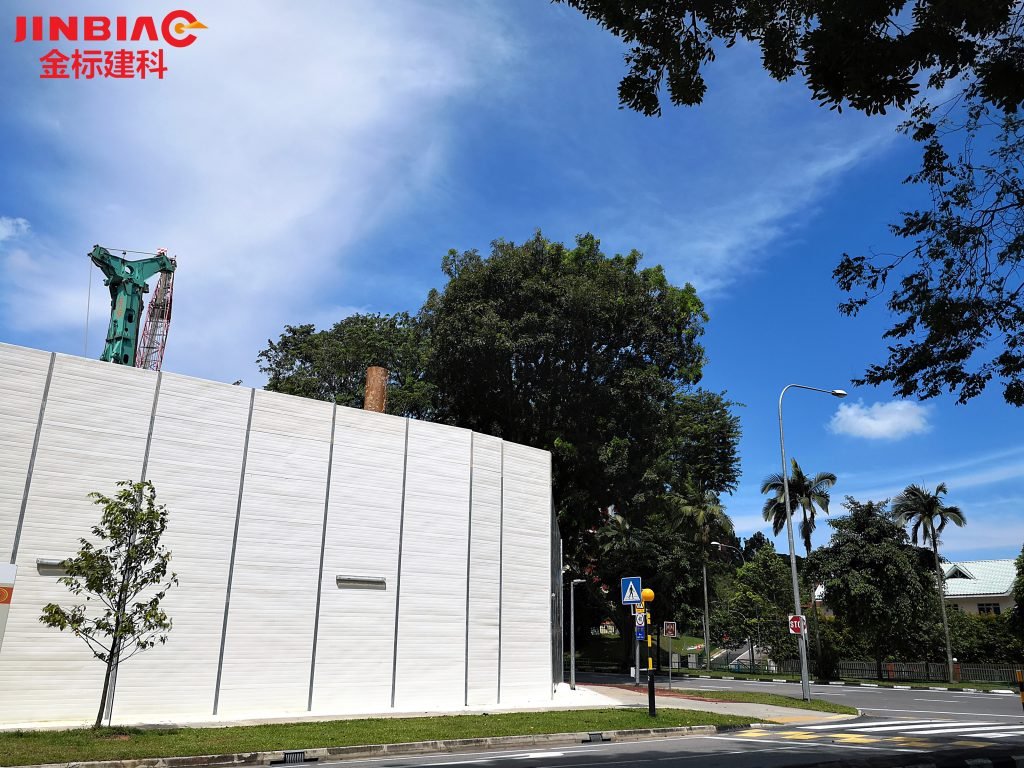One of the biggest issues of live outdoor venues is that the sound they create during events spread throughout and beyond their premises. Without appropriate soundproof methods, the sounds they make can be too loud, these can disturb nearby communities, such as villages or establishments. These can be a cause of dispute sometimes, so it has become an imperative of event organisers and venue owners to secure the necessary permits before hosting a live activity as a means of precaution. In Singapore, with NEA’s requirements for noise control, soundproof the outdoor venues comes as a solution for business to avoid disputes when organising outdoor events, especially under the impact of COVID-19.

Despite these efforts, however, it still remains a fact that it can be quite a challenge to control the way sound travels in live outdoor venues.
The question now lies: is it possible to soundproof live outdoor venues? The answer is not an absolute yes. We may not totally control how sound travels, but it can be mitigated using an outdoor noise barrier.
Outdoor noise barriers are temporary noise control systems that allow event managers to maximise the volume of live gatherings, such as music and sporting activities without causing distress to the neighbouring communities. These installations help keep the sound produced in the event within its premises, and likewise improve the quality of acoustics during live events.
Noise barriers are useful in making outdoor events more memorable and enjoyable because:
1. They help the event comply with the community and legal standards set by the government for outdoor gatherings.
Conducting an event in an open ground means that there will be commotion: people coming over, music played on loudspeakers, entertainers performing live, and even audiences going wild. These risks have to be kept to a minimum, so governments set compliance standards and impose penalties on those who fail to follow.
Live events held in open ground have to meet certain standards, and one of these is they have to make sure that they don’t disturb the surrounding homes and establishments whose normalcy can be disrupted.
Noise barriers help event organisers comply with acoustic standards especially in terms of volume, reverberation, and the distance reached by the sound. These barriers are made of layers of materials that absorb and/or reflect the noise and prevent it from traveling beyond the event’s premises.
2. They improve the quality of sound during the event.
Since most noise barriers reflect the sound that hits their surface, the sound waves bounce back to the premises of the event and not away from it. This makes the acoustics sound and feel fuller and more complete, giving audiences a great experience during the event.
People who go to live events in outdoor venues look forward not just to watching performances, but to hearing them play as well. They may enjoy the eye candy because of the amazing visuals, but these may fall short to their standards if the sound produced is of low quality.
3. Noise barriers prevent uninvited sounds from entering the venue.
Perhaps the biggest let-down in any outdoor live event is when sounds from outside the premises get in the way of the festivities. This is especially common in venues situated near highways and roads, or in the middle of a commercial centre.
By having noise barriers installed, not only are the sounds in the event kept intact; the unwanted noise from outside the venue is also repelled. Mitigating the entry of noise improves the quality of the event as a whole, and gives attendees a wonderful experience at the end of the day.
